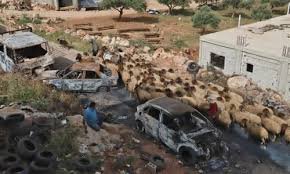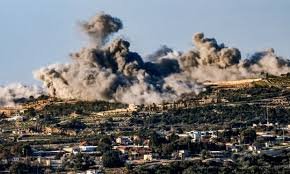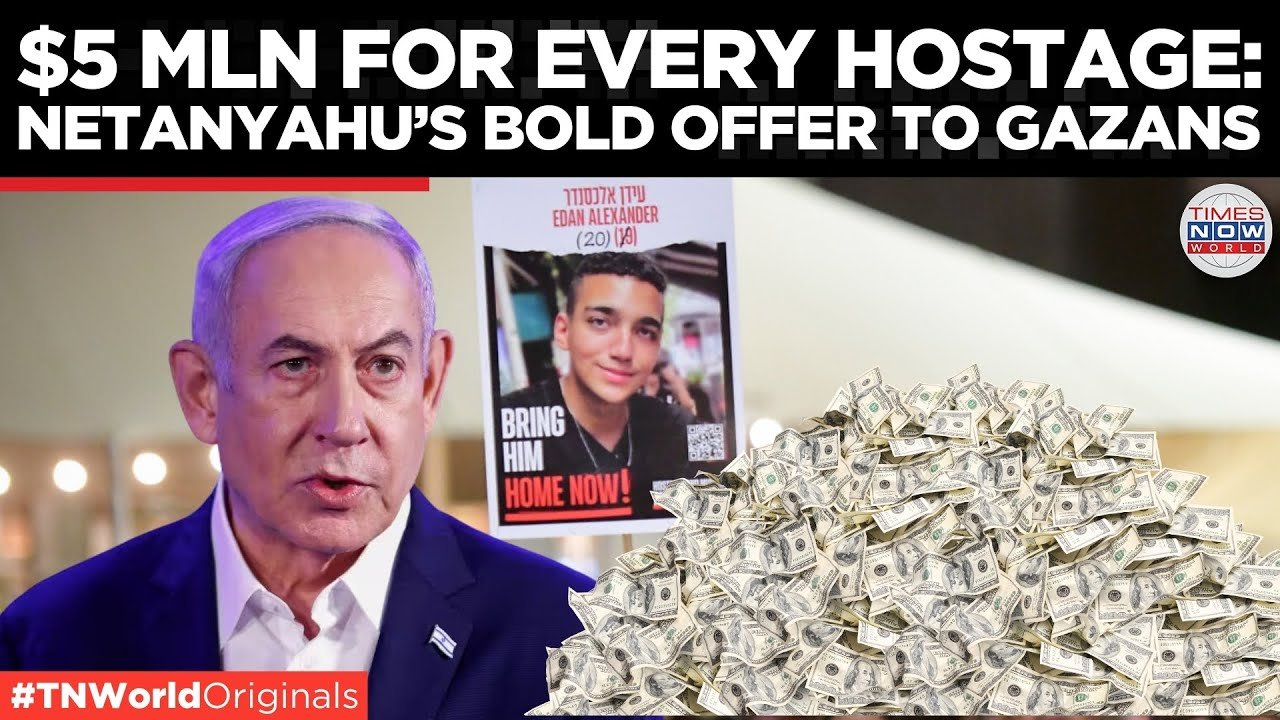Israel is fighting on four fronts – but the defeat may come at home
The IDF is entangled in synchronous contentions with Hamas, Hezbollah and Iran and in the West Bank – however hadn’t figured on the social and political divisions this would cause.
Yoav Chivalrous, Israel’s safeguard serve, portrayed the contention Israel was taken part in as a “multi-front conflict” recently.
Israeli powers were battling Hamas inside Gaza and took part in everyday trades of fire with Hezbollah on the northern line with Lebanon. A low-level struggle, basically comprising of airstrikes, was going on with Iranian-moved powers in Syria. Israel had likewise been designated – yet ineffectually – by rambles terminated by the Houthis in Yemen.
Be that as it may, the date of Heroic’s remarks was critical. He was talking on 2 April, the day after Israel had bombarded an Iranian conciliatory office in the Syrian capital, Damascus. Inside a fortnight, Israel would add one more front to Brave’s multi-front struggle after Iran sent off 300 rockets and robots at Israel in counter for that assault.

While Israel has been here previously – not least in 1967 and 1973, when it battled battles with regular Bedouin armed forces squeezing from a few bearings – this contention, or series of interrelated clashes, is totally different. The launch of another front with Iran brings up serious new issues, and not just about whether the nation has the ability to battle different enemies in what – for the present at any rate – has all the earmarks of being an unassuming condition of contention.
Actually while Israel has made arrangements for essentially 10 years for a conflict that could include at the same time battling in Gaza and against Hezbollah in the north, the suppositions about how that mission would be led seem to have been mixed up.
The key getting sorted out idea for the Israel Guard Powers’ system lately has been the Energy Long term Plan. That plan’s beginning stage was the possibility that Israel was profoundly improbable to need to battle regular ground powers, as it once did in the six-day and Yom Kippur wars. In light of its encounters from the subsequent Lebanon battle in 2006 and past struggles in Gaza, the IDF reasoned that its essential enemies would be “diffuse, rocket-based terror armed forces.”

While militarily mediocre, these would nor be straightforward aggressor or guerrilla-like gatherings, yet high level, thoroughly prepared and philosophically spurred foes, working in complex and some of the time associated networks.
The “functional idea of victory” the organizers chose in this situation was one that visualized Israel battling little conflicts shrewdly, unequivocally and rapidly.
A half year on since Hamas’ surprise assault on southern Israel on 7 October, which killed in excess of 1,100 individuals, the thought that Tel Aviv is battling a little conflict decisively and rapidly has been truly uncovered.
A long way from being completely destroyed, as Israel’s chiefs guaranteed, Hamas in Gaza is harmed yet at the same time in presence, with a significant number of its most senior pioneers obviously alive and with Israel’s mission hindered and lacking clear goals.
The tremendous degree of annihilation and loss of regular citizen life likewise proposes that the conflict has been not even close to brilliant.
On the northern line, day to day trades of fire with an undeniably more impressive power, Hezbollah, has driven Israel to empty regular folks. Most Israeli military organizers currently surrender Hezbollah could cause serious harm in an out and out struggle.
And afterward there is the danger from Iran, which turned into the principal country since Saddam Hussein’s Iraq over thirty years prior to straightforwardly target Israeli soil.
Addressing International strategy magazine in the prompt consequence of 7 October, the previous IDF knowledge boss Tamir Hayman predicted a portion of the difficulties Israel would confront battling a multi-front conflict.
avoid past pamphlet advancement
Discover more from NewsPour
Subscribe to get the latest posts to your email.




Let your voice be heard! Share your thoughts and ignite discussions.